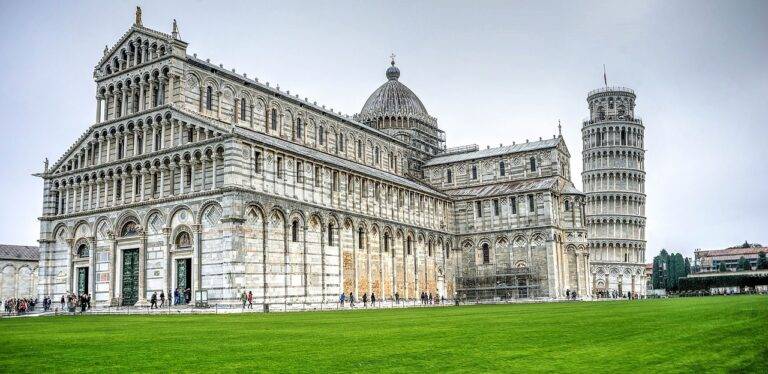The Business of Travel: Trends and Challenges in the Tourism Industry
The tourism sector is witnessing a rapid transformation with the integration of emerging technologies such as virtual reality (VR) and artificial intelligence (AI). VR allows travelers to experience destinations and attractions remotely, offering a more immersive preview of their potential travel experience. AI, on the other hand, is being utilized to personalize travel recommendations, making travel planning more convenient and tailored to individual preferences.
In addition to VR and AI, the tourism industry is also exploring the potential of blockchain technology to enhance transparency and security in transactions. By utilizing blockchain for payments and data management, the industry can streamline processes and ensure greater trust between service providers and consumers. These technologies are revolutionizing the way travelers research, plan, book, and experience their journeys, ushering in a new era of innovation in the tourism sector.
Changing consumer preferences in travel
In today’s rapidly evolving travel landscape, consumer preferences are shifting towards more personalized and unique experiences. Modern travelers are increasingly seeking authenticity and a deeper connection with the destinations they visit. This has led to a rise in demand for off-the-beaten-path locations, local cultural immersion, and sustainable tourism practices.
Moreover, the rise of social media and digital platforms has played a significant role in shaping consumer preferences in travel. Travelers are now more informed and interconnected than ever before, allowing them to share and seek recommendations, reviews, and unique experiences online. This has led to a surge in the popularity of experiential travel, where travelers prioritize meaningful interactions and genuine experiences over traditional sightseeing and tourist traps.
Sustainable tourism practices
Tourism is a crucial industry that contributes significantly to global economies. With the increasing awareness of sustainability, the tourism sector has been adapting to more eco-friendly practices. This shift is evident in the growing popularity of sustainable travel options.
Many hotels and resorts are investing in renewable energy sources and implementing water-saving measures to reduce their environmental impact. Additionally, eco-friendly tours and activities that promote conservation and support local communities are becoming more sought after by conscientious travelers.
What are some examples of emerging technologies in the tourism sector?
Some examples of emerging technologies in the tourism sector include virtual reality tours, blockchain for secure transactions, and artificial intelligence for personalized recommendations.
How have consumer preferences in travel changed in recent years?
Consumer preferences in travel have shifted towards more sustainable and eco-friendly options, with a focus on authentic cultural experiences and supporting local communities.
What are some sustainable tourism practices that businesses can implement?
Some sustainable tourism practices that businesses can implement include reducing single-use plastics, supporting local conservation efforts, promoting responsible wildlife viewing, and offering eco-friendly transportation options.
How can travelers contribute to sustainable tourism?
Travelers can contribute to sustainable tourism by choosing eco-friendly accommodations, supporting local businesses and artisans, respecting local cultures and customs, and minimizing their environmental impact while traveling.





